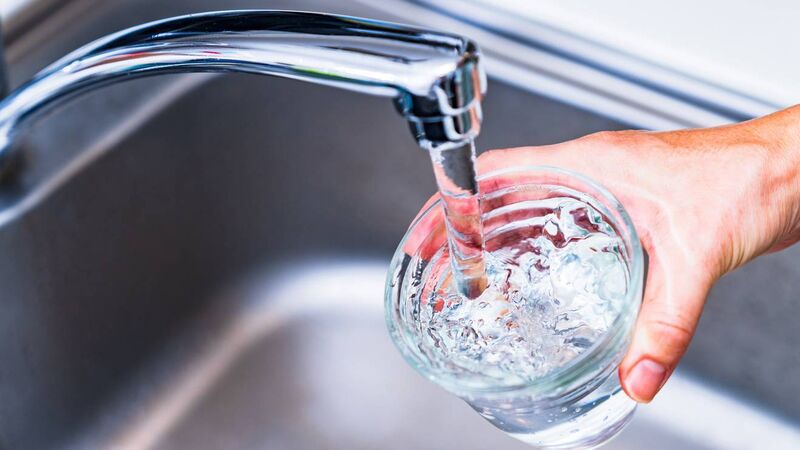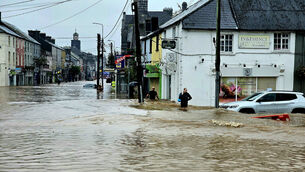Several Cork water supplies were the subject of boil water notices last year

A number of other Cork plants were also named in the EPA report for different reasons.
Several community water supplies in Cork were the subject of boil water notices and other restrictions during 2024, the Environmental Protection Agency’s annual report on drinking quality water has confirmed.
Six water supplies in the county were included in the EPA’s remedial action list at the end of last year, an inclusion which identifies the water supplies in Castletownbere, Glashaboy, Macroom, Newmarket, Whiddy Island and Whitegate Regional as being “at risk”.
A number of other Cork plants were also named in the EPA report for different reasons.
The water supplies in Mallow and Midleton were included in a list of 23 plants across the country where pesticide was detected during 2024.
The water treatment plants in Cork harbour and city and Mitchelstown north were named among 31 plants where exceedances of Trihalomethanes (THMs)
were detected last year.
THMs are produced when naturally occurring organic matter reacts with chlorine.
The water plant in Newmarket was the only Cork plant to be named as at-risk from cryptosporidium or giardia because of an inadequate protozoa level in the water.
The EPA report suggested that there was a higher number of supplies in the southern part of the country and that this was down to a combination of a number of factors, including the geology, intensive farming practices and the higher number of supplies in this part of the country.
Issues relating to the recurring issued of manganese exceedances in the water supply in Cork city were not referred to specifically in the EPA report and has queried this with the agency.
EPA director Dr Michael Lehane said that the quality of public water remained “very high” and welcomed the decrease in the number of people served by at-risk supplies.
“This means that the public can remain confident that drinking water supplied to their homes is safe to drink," he said.
“The EPA - through our audit programme - continues to identify supplies that lack adequate resilience,” said Dr Lehane.
“Long-term sustained investment in water services infrastructure is required to provide this resilience into the future.”









 App?
App?


